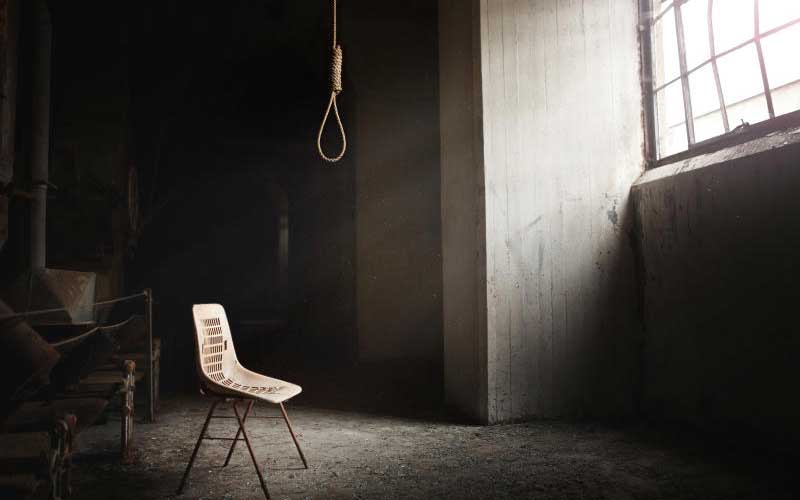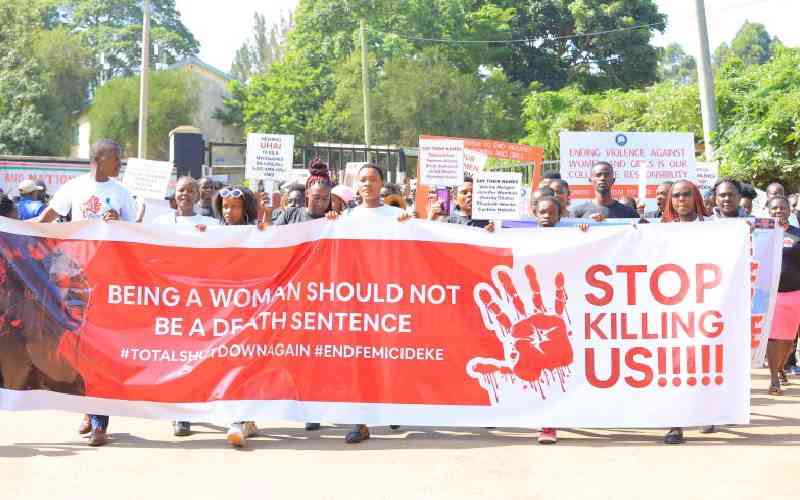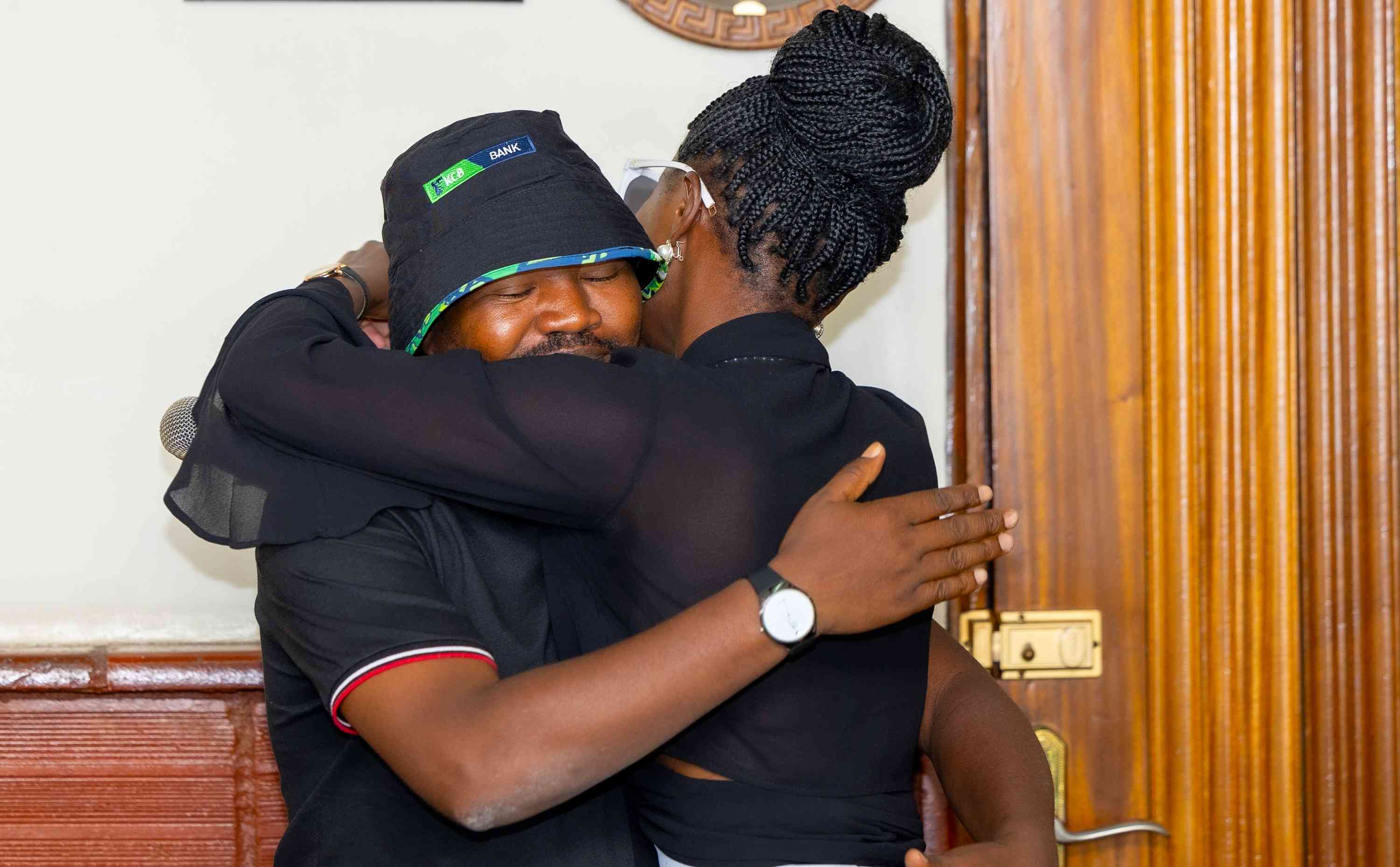
Central Kenya is in the grip of a silent suicide epidemic if police statistics are to be believed.
In Nyeri, for instance, police say that at least four people die every day from causes deemed to be self-inflicted.
“This means that we are losing at least 120 people to suicide each month, which is an alarming number,” Nyeri Police Commander Ali Nuno told The Standard in January.
Mental health professionals attribute the rising death rate to the poor mental well-being of the victims.
John Mburu, a psychiatrist at the Murang’a District Hospital, said the Government had neglected mental health.
Dr Mburu said the society was yet to understand dynamics related to stress and depression as most family members were engaged in wealth creation activities.
“Mental health does not get the weight that it deserves in our health care system yet it is the root cause of suicide cases. The stress from broken marriages and unpaid utility bills can lead to depression. The victims seek solace in alcohol and drugs after they fail to get a confidant to share information with before they commit suicide,” said Mburu.
In neighbouring Murang’a, matters were equally as grim with County Police Commander Josphat Kinyua revealing police were registering an average of two suicides weekly.
Most of the cases were attributed to strained relationships, substance abuse and stressors such as work and money.
In July last year, a Standard Six pupil hanged himself after an argument with his cousin over what television programme to watch. Barely a week later, a Form Two student in Ichagaki village in Maragua took poison after her mother reportedly failed to buy her a pair of shoes.
Over in Mirichu village in Kahuro, a Form One student also took poison and was pronounced dead on arrival at Muriranja District Hospital.
In September, the body of a Standard Three pupil at Gatumbi Primary School was found hanging from a tree at their home. The grisly discovery was made by the boy's younger brother.
Later that month, a woman committed suicide two days after the burial of her 16-year-old daughter who had also taken her own life. Leah Wangui Mugo, 36, killed herself after the internment of Sarah Nungari in Kanjama village in Mathioya.
The Form Two student at Kiria-ini Mixed Secondary School hanged herself on September 11, after quarreling with her mother over money she was demanding for an educational trip.
Stay informed. Subscribe to our newsletter
Last month, an Administration Police officer based in Meru committed suicide in a rental house in Murang’a town.
Melvin Ng’ang’a took his own life after family members quizzed him on why he had deserted work after taking his annual leave in December.
These deaths have left relatives permanently scarred. Mary Nyambura, a mother of three, is still puzzled by the death of her son after his marriage collapsed.
Ms Nyambura told The Standard that Peter Kamau, a mechanic, committed suicide three years ago after his wife walked out on him. The couple, she said, often quarreled over Kamau's failure to give his wife money for upkeep.
“My son was obedient and it is disturbing that he took his life yet I was providing for him,” said Nyambura, adding that his body was found in the bathroom hours after his death.
But despite these shocking numbers, suicide remains a taboo topic in the country with the stigma attached to mental illness preventing families from speaking openly about it.
Earlier in the year, a renowned academician jumped to his death from the sixth floor of a popular hotel in Nyeri town. His family had said that he died after a short illness.
 The Standard Group Plc is a
multi-media organization with investments in media platforms spanning newspaper
print operations, television, radio broadcasting, digital and online services. The
Standard Group is recognized as a leading multi-media house in Kenya with a key
influence in matters of national and international interest.
The Standard Group Plc is a
multi-media organization with investments in media platforms spanning newspaper
print operations, television, radio broadcasting, digital and online services. The
Standard Group is recognized as a leading multi-media house in Kenya with a key
influence in matters of national and international interest.
 The Standard Group Plc is a
multi-media organization with investments in media platforms spanning newspaper
print operations, television, radio broadcasting, digital and online services. The
Standard Group is recognized as a leading multi-media house in Kenya with a key
influence in matters of national and international interest.
The Standard Group Plc is a
multi-media organization with investments in media platforms spanning newspaper
print operations, television, radio broadcasting, digital and online services. The
Standard Group is recognized as a leading multi-media house in Kenya with a key
influence in matters of national and international interest.









